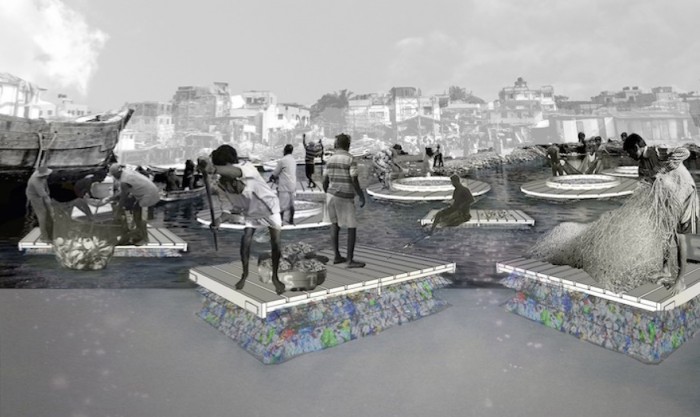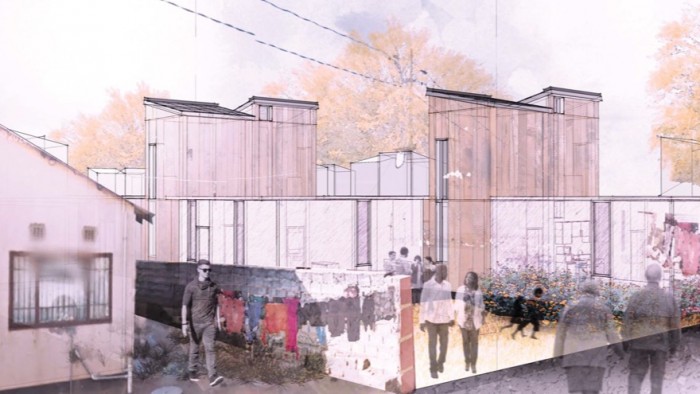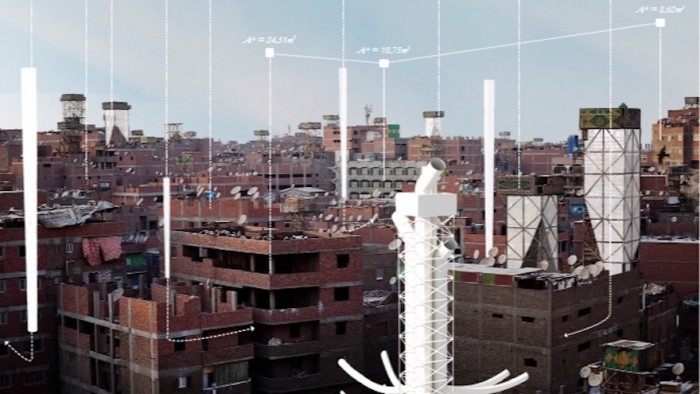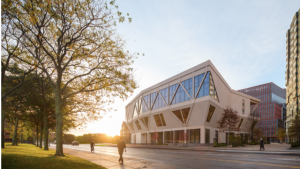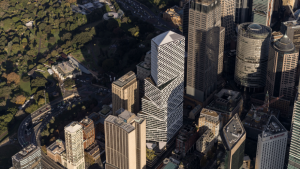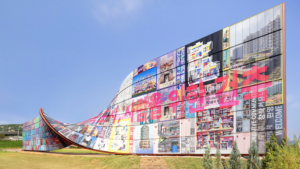Dencity is a design competition that acts as a vehicle for the rehabilitation of informal settlements worldwide. Organised by non-profit organisation Shelter Global, the second annual competition invited architects, planners, students, engineers, designers, thinkers and organisations to come up with solutions to the growing density of unplanned, substandard settlements. The winners of the competition are Allometric Sake (Cairo) in third place, Incremental Alex (Johannesburg) in second place, and in first place, Versova Koliwada (Mumbai).
The winning ideas present alternative design approaches to reform urban slums in order to improve the quality of life for the over one billion people people living in informal housing around the world.
Mumbai: Versova Koliwada
Designed by architect and urban designer Jai Bhadgaonkar, Versova Koliwada focusses on the integration and sustainable development of a polluted fishing settlement faced with a depleting fish population in its creek. To revive its livelihood, Bhadgaonkar proposes designating focal points for the collection and segregation of waste to clean up the marine environment. With the help of the local co-op society, a knowledge centre will be built to upskill the community. At the centre, locals can learn how to use plastic debris to construct new nets, makeshift boats or floating islands made out of air-filled plastic bottles. Important to the project is the implementation of closed system aquaculture to breed aquatic life in an environmentally conscious way. In addition to launching low-cost earth bag housing, Bhadgaonkar also envisions a successful fish processing industry that would boost seafood exports to the city and make way for the development of a thriving socio-economic community.
Johannesburg: Incremental Alex
Incremental Alex by recent architecture graduate Lauren Brosius, addresses the failed reconstruction and development of governmental housing in Alexandra Township. The goal of the project is to develop a more effective and community-based public housing strategy that prioritises basic but longlasting infrastructure in the settlement through a micro-grid system. The graduate proposes the redirection of government funding to providing new housing modules made up of insulated panels, electricity and bathroom and kitchen facilities. The modular, reconfigurable panel system provides a durable framework that enables the residents to build the remainder of their homes using materials of their choosing.
Cairo: Allometric Sake
This project aims to improve living conditions and comfort levels in the high density Cairo slums with an intelligent software system called Sake. The software has been developed to analyse existing buildings and suggest new design strategies that would improve the living quality and ventilation of a space. A location’s climate is measured in relation to a building’s ventilation rate, which is composed of its openings, height and interior surface area. Using this data, the system is able to produce an assessment of any urban environment and make structural suggestions for improving the thermal performance of a space.

